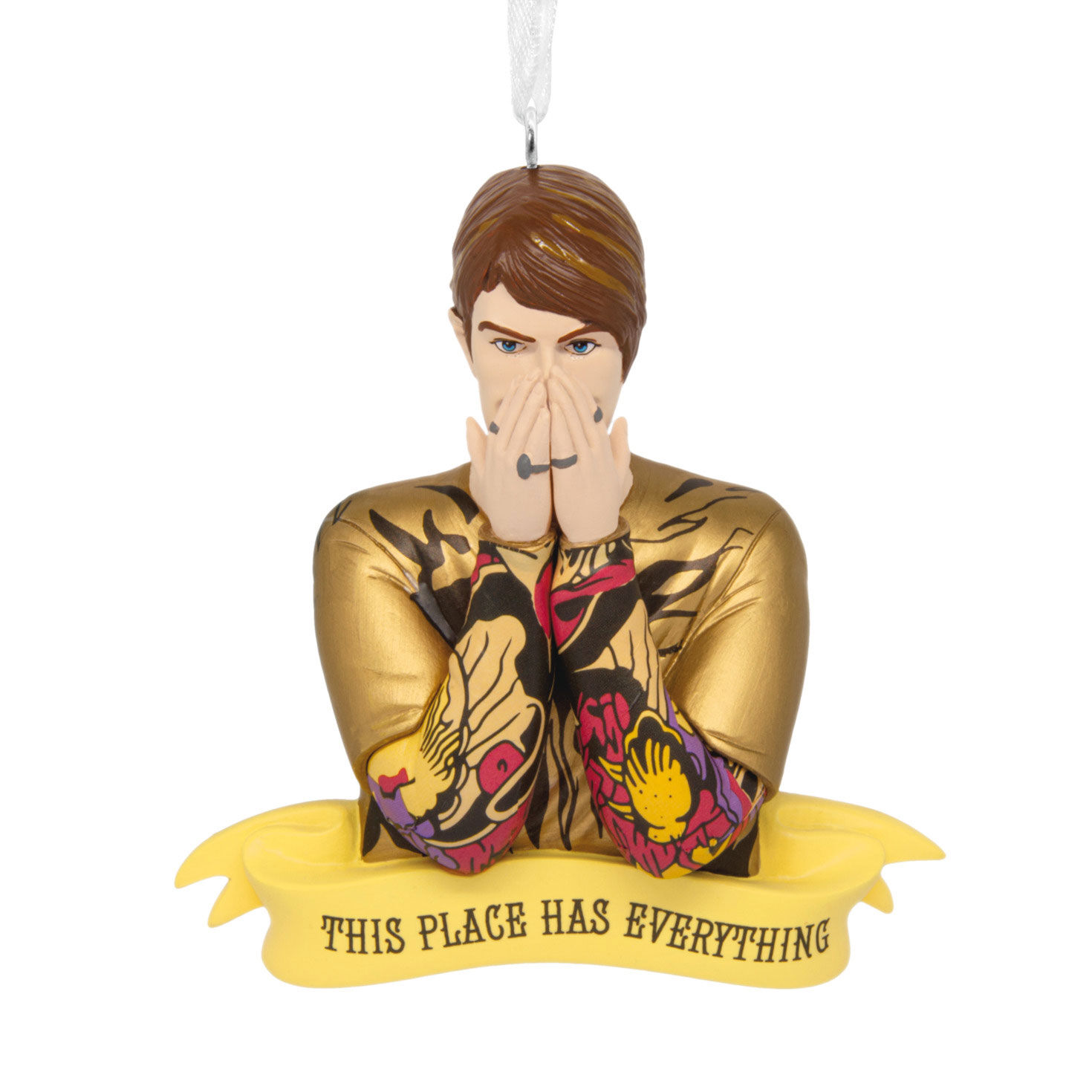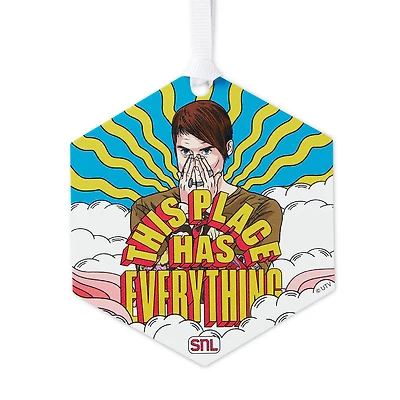Home
Comedy Literature and Popular Culture: From Aristophanes to Saturday Night Live
Barnes and Noble
Loading Inventory...
Comedy Literature and Popular Culture: From Aristophanes to Saturday Night Live in Franklin, TN
Current price: $180.00

Barnes and Noble
Comedy Literature and Popular Culture: From Aristophanes to Saturday Night Live in Franklin, TN
Current price: $180.00
Loading Inventory...
Size: Hardcover
Comedy in Literature and Popular Culture: From Aristophanes to
Saturday Night Live explores works of comedy from the past 2,500 years.
James V. Morrison discusses works including those of Aristophanes and Plautus, Shakespeare and Moliere, and modern comic writers, performers, and cartoonists, such as Thomas Nast, P. G. Wodehouse, Charlie Chaplin, and Jerry Seinfeld, asking the following questions:
Is comedy a mirror of our lives? Is it “funny ’cuz it’s true?” Or is it funny because it ignores reality?
Should we distinguish between the plot of a comic play and the jokes found in it? Are the jokes just there to make us laugh or are the jokes as essential as the plot?
Do memories of satirical portrayals on the comic stage displace recollections of the historical person?
By juxtaposing works from different cultures and time periods, the book demonstrates a universal recourse to certain familiar techniques, situations, and characters.
This vibrant study offers a compelling analysis of comedy as a mode, form, and genre. It is an engaging read for students and scholars of comparative literature, literary history, media studies, and theater and performance.
Saturday Night Live explores works of comedy from the past 2,500 years.
James V. Morrison discusses works including those of Aristophanes and Plautus, Shakespeare and Moliere, and modern comic writers, performers, and cartoonists, such as Thomas Nast, P. G. Wodehouse, Charlie Chaplin, and Jerry Seinfeld, asking the following questions:
Is comedy a mirror of our lives? Is it “funny ’cuz it’s true?” Or is it funny because it ignores reality?
Should we distinguish between the plot of a comic play and the jokes found in it? Are the jokes just there to make us laugh or are the jokes as essential as the plot?
Do memories of satirical portrayals on the comic stage displace recollections of the historical person?
By juxtaposing works from different cultures and time periods, the book demonstrates a universal recourse to certain familiar techniques, situations, and characters.
This vibrant study offers a compelling analysis of comedy as a mode, form, and genre. It is an engaging read for students and scholars of comparative literature, literary history, media studies, and theater and performance.
Comedy in Literature and Popular Culture: From Aristophanes to
Saturday Night Live explores works of comedy from the past 2,500 years.
James V. Morrison discusses works including those of Aristophanes and Plautus, Shakespeare and Moliere, and modern comic writers, performers, and cartoonists, such as Thomas Nast, P. G. Wodehouse, Charlie Chaplin, and Jerry Seinfeld, asking the following questions:
Is comedy a mirror of our lives? Is it “funny ’cuz it’s true?” Or is it funny because it ignores reality?
Should we distinguish between the plot of a comic play and the jokes found in it? Are the jokes just there to make us laugh or are the jokes as essential as the plot?
Do memories of satirical portrayals on the comic stage displace recollections of the historical person?
By juxtaposing works from different cultures and time periods, the book demonstrates a universal recourse to certain familiar techniques, situations, and characters.
This vibrant study offers a compelling analysis of comedy as a mode, form, and genre. It is an engaging read for students and scholars of comparative literature, literary history, media studies, and theater and performance.
Saturday Night Live explores works of comedy from the past 2,500 years.
James V. Morrison discusses works including those of Aristophanes and Plautus, Shakespeare and Moliere, and modern comic writers, performers, and cartoonists, such as Thomas Nast, P. G. Wodehouse, Charlie Chaplin, and Jerry Seinfeld, asking the following questions:
Is comedy a mirror of our lives? Is it “funny ’cuz it’s true?” Or is it funny because it ignores reality?
Should we distinguish between the plot of a comic play and the jokes found in it? Are the jokes just there to make us laugh or are the jokes as essential as the plot?
Do memories of satirical portrayals on the comic stage displace recollections of the historical person?
By juxtaposing works from different cultures and time periods, the book demonstrates a universal recourse to certain familiar techniques, situations, and characters.
This vibrant study offers a compelling analysis of comedy as a mode, form, and genre. It is an engaging read for students and scholars of comparative literature, literary history, media studies, and theater and performance.

















